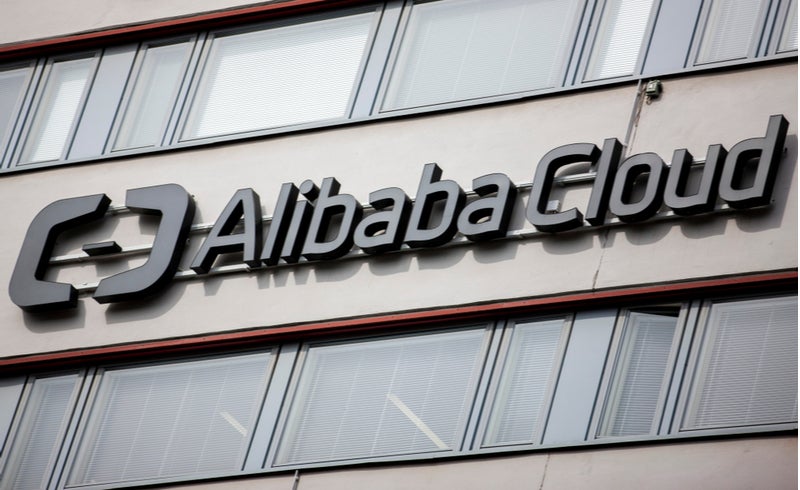Alibaba Cloud kicked-off its 10th-anniversary conference in Hangzhou, China with a commitment to working with customers to drive innovation, while also extending the success of its China strategy to other geographical markets.
In particular, Alibaba is intent on establishing its leadership in other markets in the Asia Pacific region, including Indonesia, the world’s third most populous country. Alongside this geographical expansion is a focus on delivering higher-value solutions, including AI, IoT, big data, and blockchain, to help customers with their digital transformation objectives.
This year’s Apsara Conference, which brought together around 6,000 clients, partners and developers, was a milestone event for Alibaba Cloud whose rapid growth has, in recent months, helped position it as one of the world’s top five cloud service providers.
Alibaba’s Apsara-branded cloud and IT platform were originally built to support the needs of the company’s massive e-commerce business; it was subsequently developed into a commercial offering for Alibaba’s business, government, and other organisational customers, providing them with access to flexible, scalable cloud compute and storage resources.
Alibaba is sometimes compared with Amazon, another major online retailer whose cloud business, Amazon Web Services (AWS), is the largest provider of public compute and storage resources globally. However, whereas AWS accounts for around 18% of Amazon’s total revenue, Alibaba Cloud currently represents a much smaller 7% of Alibaba’s total business.
Nevertheless, for its 2019 fiscal year (ending 31 March) Alibaba Cloud generated $3.68 billion in revenue, which reflected an 84% increase compared with the previous year.
How well do you really know your competitors?
Access the most comprehensive Company Profiles on the market, powered by GlobalData. Save hours of research. Gain competitive edge.

Thank you!
Your download email will arrive shortly
Not ready to buy yet? Download a free sample
We are confident about the unique quality of our Company Profiles. However, we want you to make the most beneficial decision for your business, so we offer a free sample that you can download by submitting the below form
By GlobalDataWith a deepening engagement with industry partners (such as SAP, Salesforce and VMware), a commitment to artificial intelligence, the Internet of Things and blockchain, and a growing focus on international expansion, Alibaba’s cloud business is poised to continue challenging public cloud competitors, AWS, Microsoft Azure, and Google Cloud.
In addition to cementing and expanding its strong position in its domestic cloud and IT market, Alibaba is intent on establishing its leadership in other markets in the Asia Pacific region, including Indonesia, the world’s third most populous country. At the beginning of September Alibaba announced the launch of a second data centre in Indonesia, doubling the capacity of its cloud business in that country. This was in response to strong customer demand and followed just 10 months after the launch of Alibaba’s first data centre in Indonesia.
Alibaba’s global cloud footprint now consists of 61 availability zones in 21 global regions that include Australia, India, Malaysia, Germany, the UK and the US. The company plans to launch in other regions in the coming months.
Accompanying this geographical expansion is a focus on delivering higher-value solutions that can help customers with their digital transformation objectives. Notably, Alibaba is developing offerings that support AI product development, IoT enablement, and the application of data intelligence to scenarios that range from smart cities to urban planning. Together, these investments will help ensure that Alibaba continues on its current disruptive path, capturing a growing share of the international cloud market and consolidating its leading position in markets where AWS and Microsoft currently lack presence.









Related Company Profiles
Amazon.com Inc
VMware Inc
SAP SE
Amazon Web Services Inc
Microsoft Corp